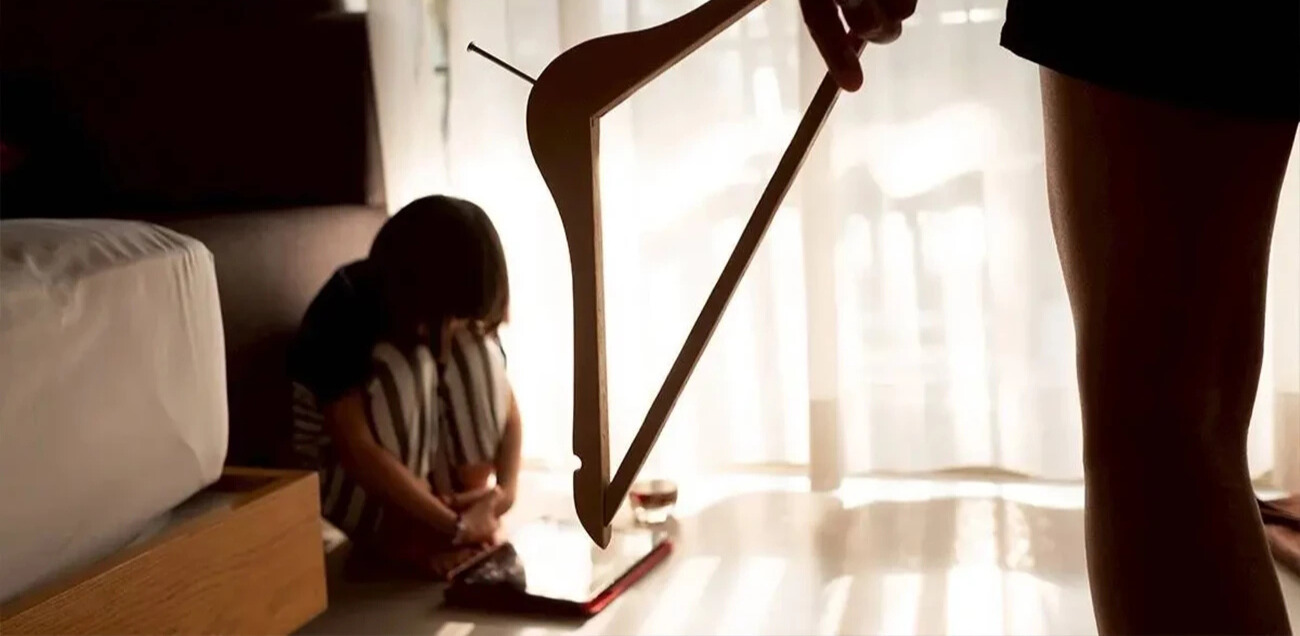ANN/THE NATION – Thailand has joined the growing global movement to protect children, becoming the 68th country worldwide to outlaw all forms of physical punishment against children in all settings, including homes, schools, and care institutions.
The significant amendment to Section 1567 of the Civil and Commercial Code, officially published in the Royal Gazette on March 24th, 2025, has been widely welcomed by child rights advocates and legal experts.
The previous wording of Section 1567, which granted those with parental authority the “right to punish” children for disciplinary or educational purposes, had long been criticised for its ambiguity and potential to enable physical and emotional abuse due to the lack of a clear definition of acceptable “punishment”.
The driving force behind this legal reform was a united initiative by government agencies, human rights organisations, and educational institutions to modernise the law and better reflect contemporary understanding of child welfare.
A key element of the amendment replaces references to “punishment” with the concept of “reprimand and educate with reason and appropriateness,” underscoring the parental role as moral guides and educators rather than relying on physical force.
The United Nations Children’s Fund (UNICEF), a leading advocate for the eradication of violence and abuse against children, has praised Thailand’s progressive step.
The organisation commended the amendment, which now explicitly prohibits any form of cruel, harmful, or inappropriate physical or mental punishment masquerading as discipline.
While acknowledging that effective implementation will require ongoing effort, UNICEF hailed the legal change as a significant milestone in protecting children’s rights in Thailand.

This move aligns Thailand more closely with the principles of the UN Convention on the Rights of the Child, to which it is a signatory, and prioritises the best interests of the child in all related decisions.
Despite a gradual decline over the past decade, statistics show that a notable percentage of Thai children have experienced physical punishment at home.
A survey conducted by the National Statistical Office and UNICEF in 2022 showed that while the number of children aged 1-14 subjected to violent discipline at home had decreased from 75 per cent in 2015 to 54 per cent, the fact that over half of children still faced such treatment underscored the urgent need for legislative change.
This new law is regarded as a vital step towards eliminating every type of violence against children.
UNICEF is encouraging the Thai government to proactively assist parents and caregivers in adopting positive, non-violent approaches of raising children via education and resources.
International evidence strongly indicates that laws prohibiting physical punishment are most effective when accompanied by widespread awareness campaigns and support for positive parenting techniques.
Thailand now joins a significant number of countries worldwide that have outlawed the physical punishment of children to safeguard their rights and well-being.
Examples include Sweden, which pioneered the ban in 1979, Finland (1983), New Zealand (2007), Germany (2000), and more recently, Mexico (2021), demonstrating a growing global consensus on the importance of non-violent child-rearing practices.


